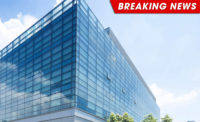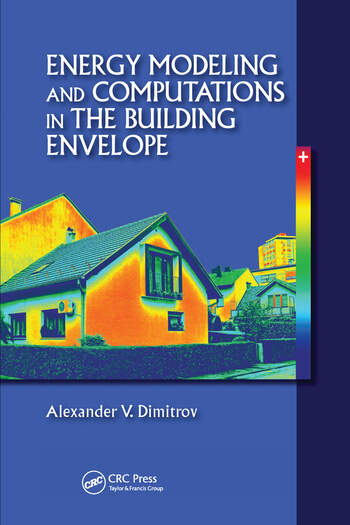Farmington, Conn. is stepping into the future of medical research with the newly completed Jackson Laboratory for Genomic Medicine. The project is part of the state’s Bioscience Connecticut Initiative meant to jump-start local research and development. Identified as the catalyst to kick start this initiative, Jax Genomic Medicine has settled into a 16-acre parcel of land adjacent to the University of Connecticut campus, strategically located near some of the country’s top educational institutions and medical facilities.
The four-story, 183,500 square-foot medical research facility features 17 “wet” biology labs and 17 “dry,” computer-based labs clustered for collaborative purposes with additional faculty offices, employee amenities, and vast spaces for large group gatherings.
Design of this sophisticated research facility was tasked to the team at Centerbrook Architects & Planners in concert with Tsoi Kobus & Associates out of Centerbrook, Conn. and Cambridge, Mass., respectively. The intention was two-fold, first to design a striking facility and second, to conserve funds for science while remaining sophisticated enough to draw internationally renowned scientists. For the façade of this facility, MetalTech-USA Zinc Panels were a perfect fit.
The building consists of a structural steel frame faced with Canadian limestone, glass, and 14,000 square feet of RHEINZINK 1.0 mm pre-Patina Blue Gray Zinc panels fabricated by MetalTech-USA. Centerbrook Architect Andrew Santaniello cited aesthetics and longevity as being behind the choice of the exterior zinc cladding. Santaniello said, “The zinc ages well and becomes more beautiful as the building ages. It also was a cost effective option for metal cladding used on the project.”
The Blue Gray hue of the zinc was another critical factor in its specification as Centerbrook favored a varied palette of materials and finishes that would complement each other. “The limestone has blue veining that the Blue Gray of the zinc was able to pick up on,” Santaniello added. “It also subtly blended with the champagne and pewter colors of the aluminum curtain wall frame.”
The contours of the site provided significant design challenges and influenced the design’s shape to conform to a graceful arc while also allowing room for potential expansion as the lab continues to grow. The connecting joint of the existing facility and prospective wing is a distinctive oval structure visually wrapping inside, providing continuity and blurring the boundary between inside and out.
“Transparency was a big factor in the design of the building, and using the zinc on the interior again helps to create that continuity,” said Steve Palumbo of Tsoi Kobus & Associates. The RHEINZINK Blue Gray Zinc used for the interior panels is from their Protect Line, which added a durable, transparent coating to protect against fingerprints in the high traffic area.
Another factor contributing to the interrelationship of environments was “the deliberate effort to align the panel sizes and seams between interior and exterior” said Palumbo. MetalTech-USA Project Manager Michael Love worked closely with the architect and installing contractor Ernest Peterson Inc. to achieve this vision. Love said, “Ernest Peterson would cut panels in the field as necessary when they go to the end of the row to help keep them on line.”
MetalTech-USA fabricated the zinc into Flatlock panels, a system often specified for curvilinear applications such as this. Santaniello said, “The zinc flatlock systems worked for our exterior and interior forms. It could be bent and formed in the field with the sloped and curving walls of the design, while allowing thermal expansion and contraction to occur.” Love adds, “The end result was a uniform and consistent look and I believe everyone was pleased. The final product looks terrific.”
JAX Genomic Medicine is pursuing LEED Gold certification for a number of green building methods as well as materials. Zinc is an environmentally friendly material because it is 100 percent recyclable metal that can be reused indefinitely. Its trimmings are able to be recycled and the product also contains at least 10 percent post-consumer recycled content. Each of these properties assists in the pursuit of Materials and Resources LEED credits for the project.
“Rheinzink’s exterior zinc cladding met all of our goals for the design of The Jackson Laboratory of Genomic Medicine façade,” Santaniello said. “It is both aesthetically pleasing and practical. Its malleability was critical to the contouring of the exterior and it was also important to us and the client that it is durable and that its appearance, which was a great fit with the other external materials like limestone, actually improves with age.”











